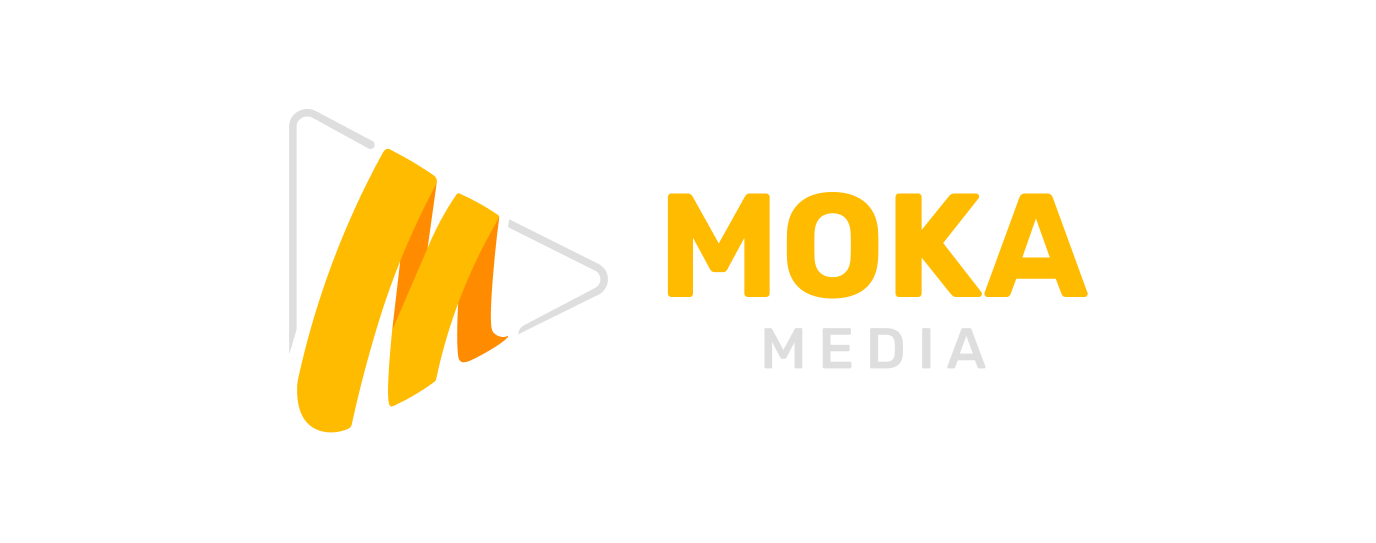- (+84) 346666817
- mokaasia@gmail.com
- 11A 13 Street 2, Van Phuc Urban Area, Thu Duc, Ho Chi Minh City, Vietnam
Blockchain Life Forum 2024 in Dubai: find out how to make the most of the current Bull Run
Vũ
May 8, 2024
Uncategorized

In the digital era, where data is king and trust is paramount, blockchain technology emerges as a transformative force reshaping the way we transact, interact, and trust. Born from the ashes of the 2008 financial crisis, blockchain represents the epitome of decentralized innovation – a peer-to-peer network of trust that eliminates the need for intermediaries and revolutionizes the way we exchange value.
At its core, blockchain is a distributed ledger technology that records transactions across multiple computers in a way that is transparent, immutable, and tamper-proof. Unlike traditional centralized systems, where data is stored in a single location and controlled by a central authority, blockchain operates on a decentralized network of nodes, each maintaining a copy of the ledger. This distributed nature of blockchain ensures that no single entity has control over the data, making it resistant to censorship, manipulation, and corruption.
One of the key features of blockchain is its transparency. Every transaction recorded on the blockchain is visible to all participants in the network, providing unparalleled transparency and accountability. This transparency not only reduces the risk of fraud and corruption but also fosters trust among participants, enabling new forms of collaboration and cooperation.
Another hallmark of blockchain is its immutability. Once a transaction is recorded on the blockchain, it cannot be altered or deleted. This feature ensures the integrity and security of the data stored on the blockchain, making it an ideal solution for applications where data integrity is critical, such as supply chain management, identity verification, and voting systems.
Blockchain technology has the potential to revolutionize a wide range of industries, from finance and healthcare to supply chain management and beyond. In the finance sector, blockchain is already being used to streamline cross-border payments, reduce transaction costs, and increase financial inclusion. In healthcare, blockchain is being explored as a way to improve patient data management, secure medical records, and facilitate interoperability between healthcare providers. In supply chain management, blockchain is being used to track the provenance of goods, ensure product authenticity, and enhance transparency throughout the supply chain.


As we stand on the brink of a new era of digital transformation, blockchain technology holds the promise of a more transparent, efficient, and secure future. By decentralizing trust and empowering individuals to take control of their data, blockchain has the potential to revolutionize industries, disrupt traditional business models, and empower communities around the world. As we continue to unravel the power of blockchain, one thing is clear: the possibilities are limitless, and the future is decentralized.
Tag Post :
Share This :
Recent Post
Categories
Grow Your Business Today
Lorem ipsum dolor sit amet, consectetur adipiscing elit, sed do eiusmod tempor incididunt ut labore et dolore magna aliqua.





